Is The Paleo Diet Legit?
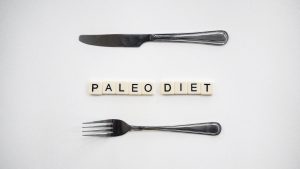 You may have heard a lot about the Paleo diet. It's one of the latest crazes, which doesn't necessarily mean it's unhealthy. It simply means it's popular. While we work on fitness at Habitat Health and Fitness in Lakeland, FL, we also emphasize that you have to eat healthy if you want results. You can't workout at the gym and then eat a whole cake topped with a quart of ice cream every day and expect to lose weight or be healthy at all. Let's delve into what exactly a Paleo diet is and how it benefits or detracts from your health.
You may have heard a lot about the Paleo diet. It's one of the latest crazes, which doesn't necessarily mean it's unhealthy. It simply means it's popular. While we work on fitness at Habitat Health and Fitness in Lakeland, FL, we also emphasize that you have to eat healthy if you want results. You can't workout at the gym and then eat a whole cake topped with a quart of ice cream every day and expect to lose weight or be healthy at all. Let's delve into what exactly a Paleo diet is and how it benefits or detracts from your health.
The Paleo diet is based on what man ate in the paleolithic period.
The Paleolithic period began about 2.6 million years ago to approximately 12,000 years ago. That was the period before farming and man was a hunter/gatherer. Consuming most grains didn't exist, since there was no farming. Legumes and dairy also aren't part of the diet, since man didn't raise them. The whole premise of the diet is that the body made changes and evolved without the ability to digest those foods, so to be your healthiest and functioning at optimal level, you shouldn't eat them either.
Consider the foods that are eliminated from the Paleo diet.
If grain is eliminated from the Paleo diet, then so are foods made with grain. Baked goods, pizza, donuts, bread and many snack foods. Sugar is a processed food, so anything with added sugar is also eliminated. So is oil. Highly processed foods are also eliminated, which makes the diet immediately healthier to eat. Rather than focus on what you can't eat, focus on what you can. Animal meat is allowed, but the "whole animal" approach is encouraged. That means you eat organs, bone marrow and cartilage.
Vegetables, seeds, nuts and fruit are also part of the diet.
Put yourself into the mindset of what a hunter/gatherer might find as food. Bird eggs, meat and plants were all part of their diets. While oil isn't part of the diet, foods that contain oils and natural fats, like avocados, nuts and seeds, are. Even though man didn't ferment foods intentionally, some of them fermented naturally and man found they were okay to drink or eat. Fermented fruits and vegetables that are naturally fermented with no added sugar can be consumed. Food like kimchi, kombucha and sauerkraut are part of the Paleo diet.
- Unlike early man, you probably won't be sucking the marrow out of bones, but making a bone broth is beneficial. Bone broth has a high amount of collagen, glycine, glucosamine and chondroitin, the building blocks of the body.
- Besides the diet, living like a caveman and getting plenty of sun and rest is important. Early man walked everywhere, so his body was in frequently in motion. Add those things to your lifestyle.
- Sticking strictly to restrictions of the Paleo diet can be difficult. Use a modified form of the Paleo diet that cuts out processed food, sugar and products made with white flour immediately improves your diet.
- Turn off electronic devices for several hours a day and enjoy the quiet that the caveman experienced. Drink more water. Clean water was a luxury and highly valued in some areas. Simplify life and learn to reduce stress to increase the benefits of healthy living.
For more information, contact us today at Habitat Health & Fitness

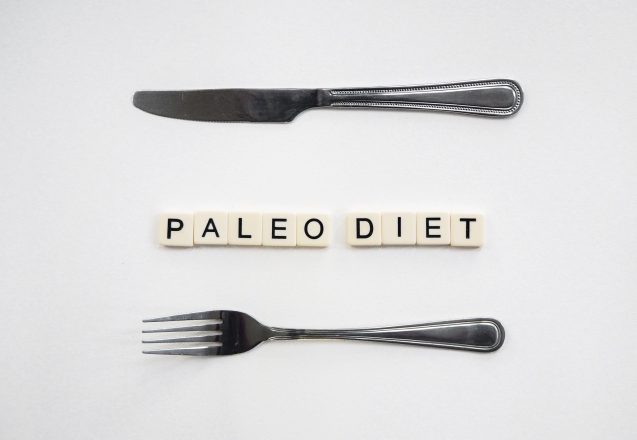
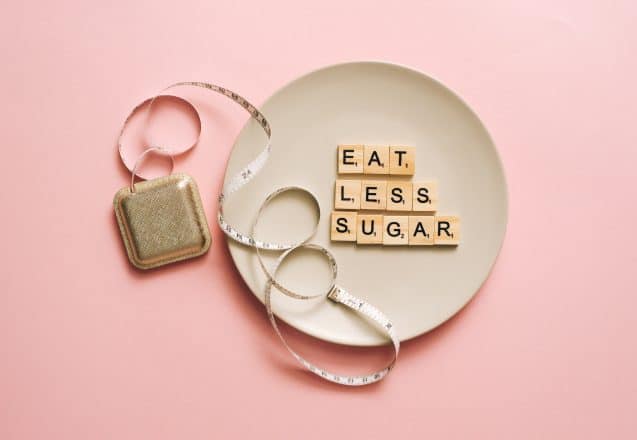
 At Habitat Health and Fitness in Lakeland, Florida, we not only help you become stronger and fitter, we also encourage you to look at other areas that affect your fitness and health. Consuming too much sugar is one of those areas and it's easy to do, especially if you have average eating habits. Some form of sugar seems to be in all types of products that are processed. Eating food with added sugar can have disastrous effects on your body and make it harder to get results at the gym.
At Habitat Health and Fitness in Lakeland, Florida, we not only help you become stronger and fitter, we also encourage you to look at other areas that affect your fitness and health. Consuming too much sugar is one of those areas and it's easy to do, especially if you have average eating habits. Some form of sugar seems to be in all types of products that are processed. Eating food with added sugar can have disastrous effects on your body and make it harder to get results at the gym.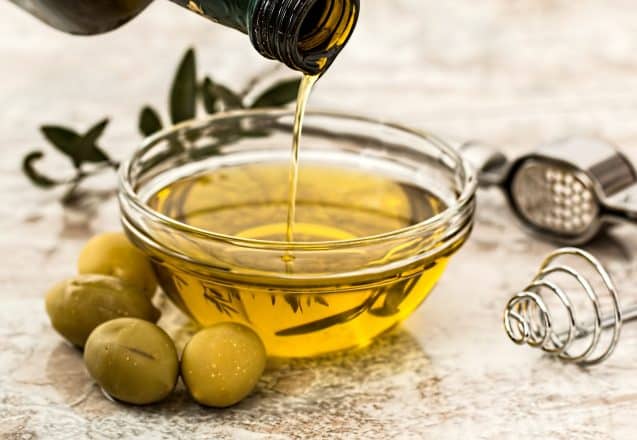
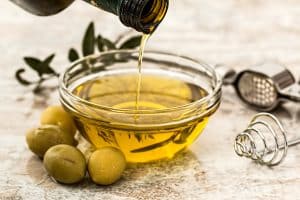 Like many of the healthier oils, olive oil is plant based. If it's the highest quality, with the most nutritional benefits, it's extra-virgin olive oil. Just what are the benefits of olive oil? First, its fatty acids are primarily monounsaturated. Those help your cholesterol profile by increasing the good cholesterol and decreasing the LDL or bad cholesterol. It also has about 14% saturated fat and 11% polyunsaturated, in the form of omega-6 and omega3. The more refined olive oil is the less oleic acid it contains. According to many studies, oleic acid reduces inflammation, which is linked to several serious conditions.
Like many of the healthier oils, olive oil is plant based. If it's the highest quality, with the most nutritional benefits, it's extra-virgin olive oil. Just what are the benefits of olive oil? First, its fatty acids are primarily monounsaturated. Those help your cholesterol profile by increasing the good cholesterol and decreasing the LDL or bad cholesterol. It also has about 14% saturated fat and 11% polyunsaturated, in the form of omega-6 and omega3. The more refined olive oil is the less oleic acid it contains. According to many studies, oleic acid reduces inflammation, which is linked to several serious conditions.
 Everybody has made resolutions that lasted only a week or two. It's true that most New Year's resolutions have a short shelf life, with the average one kept until February 1, just 32 days after it was established. In fact, 68% of Americans said they quit their resolutions even sooner than that. So how do you make a resolution and stick with it? What are resolutions that really work? Sure, we're past New Year's Day, but that doesn't mean you can't start fresh and make a resolution to make your life better right now.
Everybody has made resolutions that lasted only a week or two. It's true that most New Year's resolutions have a short shelf life, with the average one kept until February 1, just 32 days after it was established. In fact, 68% of Americans said they quit their resolutions even sooner than that. So how do you make a resolution and stick with it? What are resolutions that really work? Sure, we're past New Year's Day, but that doesn't mean you can't start fresh and make a resolution to make your life better right now.
 What's the cost of obesity? Just check the hospitals in Lakeland, Florida. Many of the patients are there either because of obesity or the diseases contributed to by obesity. In fact, the epidemic of obesity has led to increased spending for health issues. It costs more to purchase personal goods if you're obese. Annually, an obese woman pays $4,879 more and a man pays $2,646 more.
What's the cost of obesity? Just check the hospitals in Lakeland, Florida. Many of the patients are there either because of obesity or the diseases contributed to by obesity. In fact, the epidemic of obesity has led to increased spending for health issues. It costs more to purchase personal goods if you're obese. Annually, an obese woman pays $4,879 more and a man pays $2,646 more.
 While there's a general consensus that after six weeks, exercising can resume. However, just like a workout program, that should be modified for your particular situation. If you've had a normal delivery and have no complications, maybe even exercised throughout the pregnancy, you might start sooner. If you had a C-section or other complications, you may not be ready. Always check with your health care professional for the best time to begin doing strength training after having a baby.
While there's a general consensus that after six weeks, exercising can resume. However, just like a workout program, that should be modified for your particular situation. If you've had a normal delivery and have no complications, maybe even exercised throughout the pregnancy, you might start sooner. If you had a C-section or other complications, you may not be ready. Always check with your health care professional for the best time to begin doing strength training after having a baby.
 There are some very good reasons to get a personalized program and one of those is ensuring special needs are met. For instance, can you still exercise with bad feet or ankles? The answer is yes, but you need a program designed specifically for your needs. At Habitat Health and Fitness in Lakeland, Florida, FL, our personal trainers ask about those special needs, learn about your goals and assess your fitness before creating a program for you. So what type of exercises are safe to do if you have problems. It depends on the exact problem, but here are some generalized ideas.
There are some very good reasons to get a personalized program and one of those is ensuring special needs are met. For instance, can you still exercise with bad feet or ankles? The answer is yes, but you need a program designed specifically for your needs. At Habitat Health and Fitness in Lakeland, Florida, FL, our personal trainers ask about those special needs, learn about your goals and assess your fitness before creating a program for you. So what type of exercises are safe to do if you have problems. It depends on the exact problem, but here are some generalized ideas.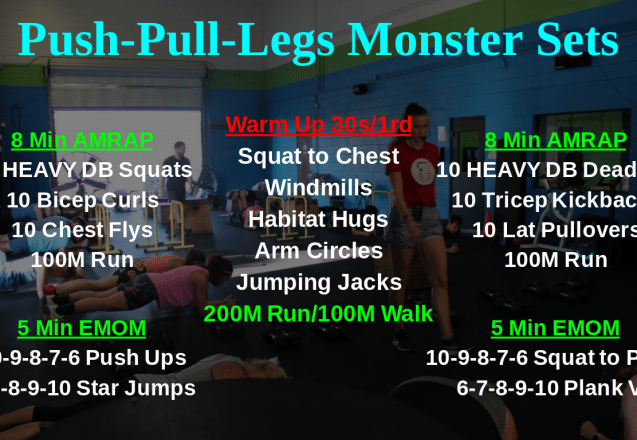
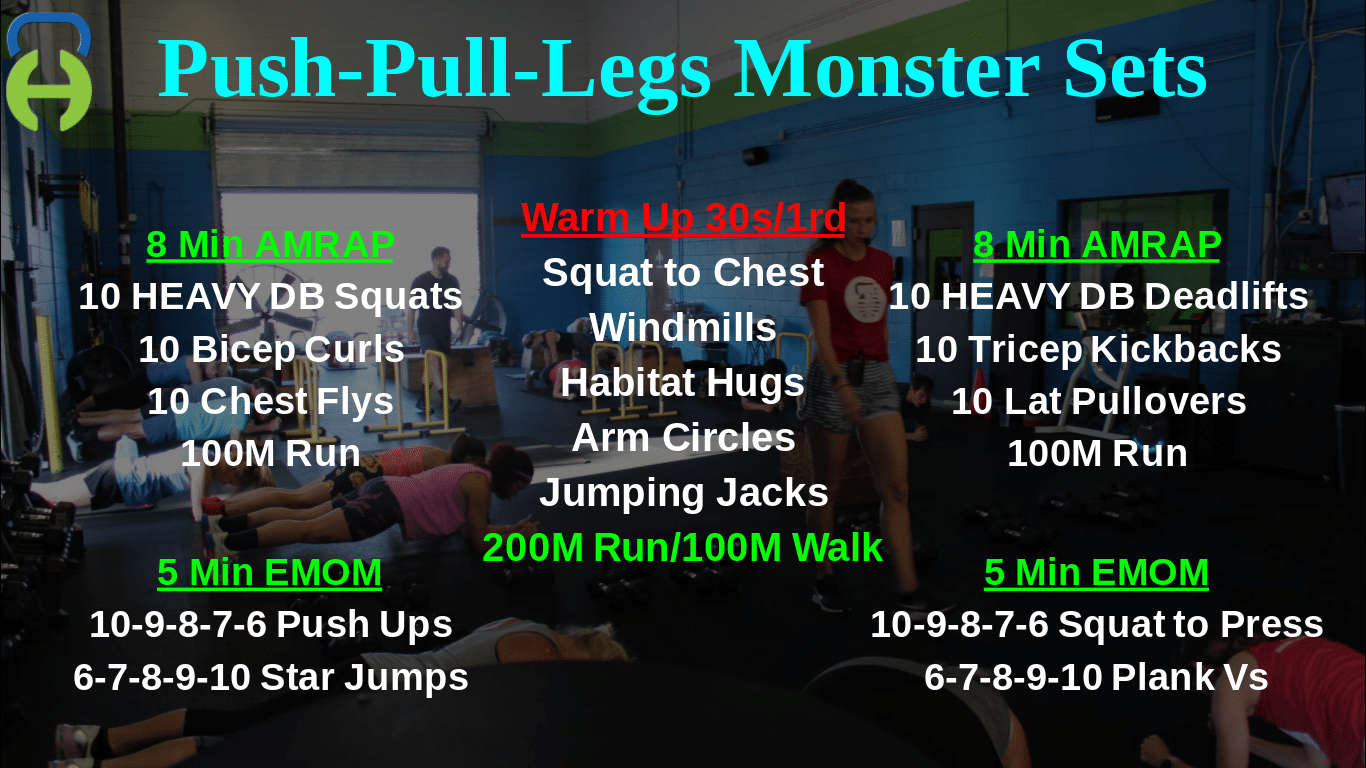

 If you haven't already set a fitness goal. It's time to start. Setting a goal is like having a destination on a road trip. If you don't know where you're going, you won't know when you get there and you definitely won't know the quickest way to go. A fitness goal can be anything that's important to you. If you want to look better, it can be toning your body or losing weight. If your health is top priority, it may include building your strength, flexibility and endurance.
If you haven't already set a fitness goal. It's time to start. Setting a goal is like having a destination on a road trip. If you don't know where you're going, you won't know when you get there and you definitely won't know the quickest way to go. A fitness goal can be anything that's important to you. If you want to look better, it can be toning your body or losing weight. If your health is top priority, it may include building your strength, flexibility and endurance.
 My clients at Habitat Health and Fitness in Lakeland, Florida, aren't the only people that want to get rid of belly fat. It's almost universal. It takes the right type of workout, but also one more thing, a healthy diet. No matter how many workouts you do that target the belly, if there's a layer of fat covering it, nobody will know. You have to lose weight all over your body to see the results.
My clients at Habitat Health and Fitness in Lakeland, Florida, aren't the only people that want to get rid of belly fat. It's almost universal. It takes the right type of workout, but also one more thing, a healthy diet. No matter how many workouts you do that target the belly, if there's a layer of fat covering it, nobody will know. You have to lose weight all over your body to see the results.